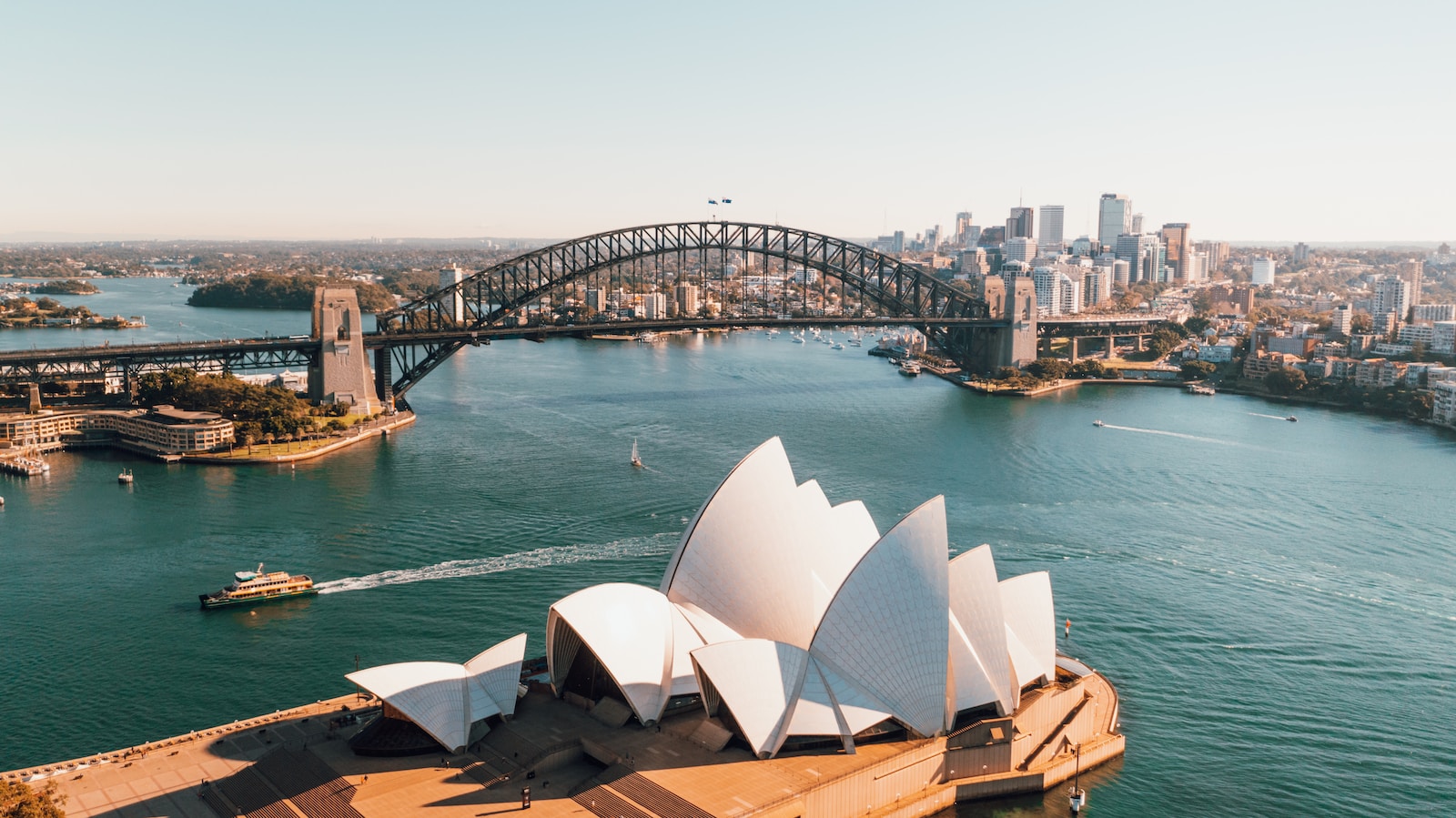A few news organizations recently reported on a short video that an influencer posted about the brewing housing crisis in Australia. It situation has been mirrored in many other developed nations like the UK, Canada, and New Zealand. Even the United States in major metropolitan areas, though the abundance of land, natural resources, and fixed-rate mortgages have kept house prices lower compared to other developed nations.
While he highlights a very present problem for many people in developed nations, in his second part he seems to blame capitalism in a simplistic breakdown of free market dynamics. The free market has allowed for a great amount of economic growth, and it has arguably been government intervention that has prevented it from benefiting a larger proportion of the population, not deregulation in and of itself.
In a fractional reserve system, long-term trends in house prices tend to be the inverse of house prices, as the quantity of money available to purchase a property isn’t primarily determined by individual savings, but by the amount of credit (i.e. money) a bank is willing to loan (i.e. create out of nothing). The lower the interest rate, the lower the monthly payment assessed to the borrower, so the more money a bank can create. This creates a spiral in which house prices sell for ever-increasing amounts, as there is effectively no limit to the amount of money a bank can create, other than the current valuation of the house.
Since the 1970s, interest rates have trended lower, partly due to demographics, but also partly due to the government institutions’ inability to take the pain of debt default during a recession. While central banks are supposedly independent, they are beholden to the currently elected government, large businesses, the press, and the population as a whole. The net result of this is that during a recession where bad debts and unproductive investments should have been cleaned up, interest rates were cut and/or kept low for too long and the debt levels were allowed to grow to ever-increasing levels. This meant at the next recession or crisis the interest rates had to be cut even more leading to lower and lower interest rates and higher and higher asset prices. Fast forward to the great financial crisis, interest rates were cut to zero, and QE was started. The implicit goal of QE was to stimulate growth by a theory called the “wealth effect”. Because the wealthy own the vast majority of assets, this was an implicit transfer of purchasing power from the poor and middle classes to the wealthy. This wasn’t due to capitalism or the free market, but the direct intervention of government via central banks.
With this in mind, here are some possible policies that could help alleviate or reverse the problem:
- Reduce or ban credit creation for land and other “fixed” asset purchases. Credit creation when it goes to starting new businesses or buying new machinery or equipment has a benefit for all of society, as jobs, goods, and services are created in the economy. While it may lead to mild inflation, unlike land, new equipment can be manufactured to keep prices from ever increasing. The bank can create money to buy a tractor, but not to buy a farm. New Zealand addressed this by requiring 40% deposits for established housing, but only 20% for new builds. Property investors can still invest, but they have to build new housing which would put negative pressure on house prices and rents. The current “breed” of property “speculator” has basically road a wave of credit creation at the expense of younger generations and the poor. Getting wealthy should be encouraged when it is done by creating jobs, goods, and services, not when hoarding fixed assets. This is what has unfortunately led to a lot of anger towards the wealthy and capitalism when it really has been other factors when it has been people responding to government incentives within the economy.
- Reduce or ban foreign ownership of land and other “fixed” asset purchases. Exhasbating the situation is foreign investment. Similar to above, if excess capital invests in companies in an economy, they create jobs, goods, and services, if they simply purchase finite resources like housing, farms, or mines, then they simply bid up prices at the expense of the local population.
- Allow market setting of interest rates, while maintaining financial stability. This is what the central bank should been in the first place, to lend against good collateral at punitive interest rates. Not to control interest rates themselves.
- Maybe, instate “temporary” taxes on second homes, particularly empty ones. In general, we would be against unnatural government intervention, however, it has been unnatural incentives that have led us to the current situation, and wealth has been transferred by the government from the poor and middle class to asset owners. Because a wrong has been done, this needs to be reversed in some way. The taxes should be explicitly temporary, as in general, the government should preserve property rights. It may be that this is not necessary, as the removal of credit creation and a slow reversion to higher market-based interest rates might gradually decrease asset prices, causing the wealth to divest of their real estate assets and a return to housing affordability.

